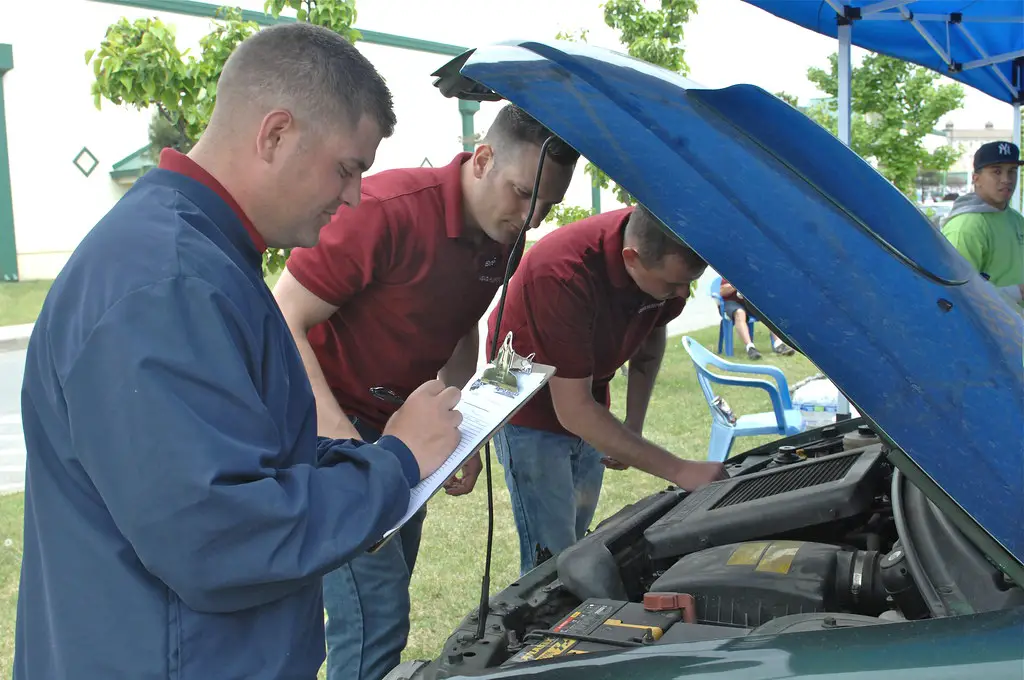
Key Takeaways
| Topic | Key Information |
|---|---|
| Definition of Classic Cars | Vehicles that are 25+ years old or antique vehicles with special registration options. |
| Current Requirements | Annual safety inspections required for classic and 25-year-old vehicles until January 1, 2025. |
| 2025 Changes | Safety inspections for non-commercial classic cars will no longer be mandatory; emissions testing still applies in 17 counties. |
| Antique Vehicle Registration | Provides exemptions from inspections and allows for limited road use. |
| Preservation Importance | Regular voluntary maintenance is essential to keep these vehicles safe and functional. |
Classic cars hold a special place in automotive history, representing craftsmanship, nostalgia, and individuality.
All 25-year-old Car Inspections in Texas come with unique inspection requirements that help maintain road safety while respecting the integrity of vintage vehicles.
However, as Texas eliminates mandatory safety inspections for non-commercial vehicles starting January 1, 2025, the rules for classic cars are also evolving.
This article will guide you through what inspections are required for classic and 25-year-old cars, how these requirements are changing, and what steps you can take to preserve the value and functionality of your cherished vehicle.
Contents
What Are Classic Cars and 25-Year-Old Vehicles?
In Texas, classic cars are vehicles that are 25 years old or older, often registered under special categories that recognize their historical or collector status.
- Antique Vehicles: Designated for show cars or limited-use vehicles, typically driven to parades, exhibitions, or similar events.
- Classic Vehicles: Used more regularly than antique cars but still considered part of automotive history.
Key Differences Between Classic and Antique Registrations
| Type | Usage | Inspection Requirements | Registration Benefits |
|---|---|---|---|
| Classic Car | Regular use allowed | Annual safety inspection (through 2024) | Standard registration fees |
| Antique Vehicle | Limited use (parades, exhibitions) | Exempt from inspections | Special plates valid for up to 5 years |
Current Inspection Requirements for Classic and 25-Year-Old Cars
Safety Inspections (Through 2024)
Currently, classic cars and 25-year-old vehicles must undergo annual safety inspections unless they are registered as antique vehicles.
These inspections ensure that the car’s critical safety features meet minimum roadworthy standards.
Components Checked
- Brakes: Includes pad condition, fluid levels, and stopping power.
- Lights: Headlights, brake lights, turn signals, and interior lights.
- Tires: Inspected for tread depth, wear, and proper inflation.
- Windshield Wipers: Ensures visibility in bad weather.
- Steering and Suspension: Checks for stability and handling.
Special Considerations for Classic Cars
Vehicles are only inspected based on the original equipment with which they were manufactured.
For example:
- Seat belts are not required if the car was not originally equipped with them.
- Period-correct lighting systems are acceptable.
Emissions Testing
- Required in 17 counties, including Harris, Travis, and Dallas, for vehicles up to 24 years old.
- Emissions testing is not required for vehicles 25 years or older.
This applies to most classic cars, making them exempt from this portion of inspections.
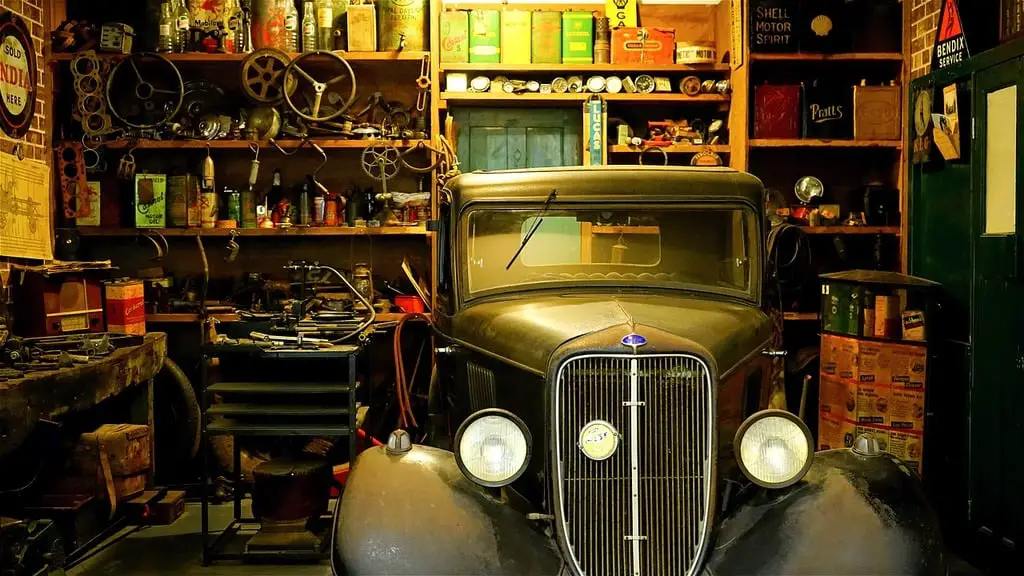
Changes Coming in 2025
Starting January 1, 2025, all 25-year-old car inspections in Texas will no longer require annual safety inspections for non-commercial vehicles.
This change aims to reduce regulatory burdens on car owners while cutting costs.
What Stays the Same
- Emissions testing will still be required in 17 counties for cars up to 24 years old.
- Commercial vehicles will continue to require annual safety inspections.
Impact on Classic Car Owners
- No more mandatory inspections for safety-related components.
- Increased reliance on voluntary safety checks to maintain roadworthiness.
- Antique vehicles remain exempt from both safety inspections and emissions testing.
Antique Vehicle Registration and Inspection Exemptions
Classic car owners can apply for antique vehicle registration, which offers unique privileges:
- Exemption from Inspections: No safety or emissions testing required.
- Extended Registration: Plates valid for up to 5 years.
- Limited Road Use: Only allowed for parades, exhibitions, or occasional driving.
Eligibility
- Vehicles must be 25 years old or older.
- Must meet the state’s definition of an antique vehicle and be used primarily for show purposes or limited recreational driving.
Maintenance and Preservation for Classic Car
Even with fewer inspection requirements, regular maintenance is essential to keep classic cars safe and functional.
As vintage vehicles age, they may encounter unique issues that require special care.
Common Maintenance Needs
- Brake System: Inspect regularly for leaks, rust, and worn-out pads.
- Tires: Replace old, dry-rotted tires, even if tread depth appears adequate.
- Engine Fluids: Check and replace oil, coolant, and transmission fluids regularly.
- Electrical System: Inspect wiring for corrosion or wear, especially in older vehicles.
- Bodywork: Address rust and paint damage promptly to preserve the car’s value.
Learn more about engine maintenance for classic cars.
Future Trends in Classic Car Inspections
Anticipated Changes
- 2025 and Beyond: With safety inspections eliminated, the focus will shift to emissions testing for vehicles that still fall within the testing age range.
- Increased Voluntary Maintenance: Classic car owners will need to rely on their own diligence or hire professionals for regular safety checks.
- Growth in the Classic Car Market: With fewer regulatory hurdles, classic car ownership may become more popular, leading to increased demand for vintage restoration services.
Potential Environmental Regulations
While emissions testing is not required for most classic cars, future regulations could focus on reducing the environmental impact of older vehicles.
Owners should stay informed about potential changes.
Conclusion
Owning a classic or 25-year-old car in Texas comes with unique responsibilities and privileges.
While the elimination of mandatory safety inspections in 2025 reduces regulatory requirements, it places greater emphasis on voluntary maintenance to keep these vehicles safe and functional.
Whether you’re a collector or simply passionate about vintage cars, understanding the inspection rules and maintenance needs for classic vehicles is key to preserving their value and ensuring they remain a joy to drive.
For more tips on maintaining your car, check out our Engine Maintenance Checklist or learn about car fluids essential for classic vehicles.
FAQs
Do classic cars still need inspections in Texas after 2025?
No, annual safety inspections for non-commercial classic cars will no longer be required after January 1, 2025.
What’s the difference between classic and antique registration?
Classic registration is for vehicles used regularly, while antique registration is for limited-use vehicles, such as those driven to parades or exhibitions
Are antique vehicles exempt from emissions testing?
Yes, antique vehicles are exempt from both safety and emissions inspections under Texas law
How can I maintain my classic car without mandatory inspections?
Regular voluntary maintenance, including brake checks, tire replacements, and fluid monitoring, is essential for keeping your classic car roadworthy
Can I drive my antique-registered car daily?
No, antique vehicles are limited to parades, exhibitions, and occasional driving.

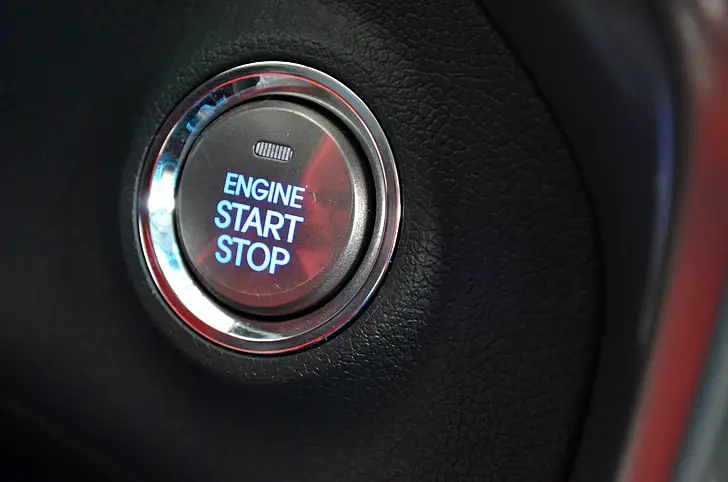
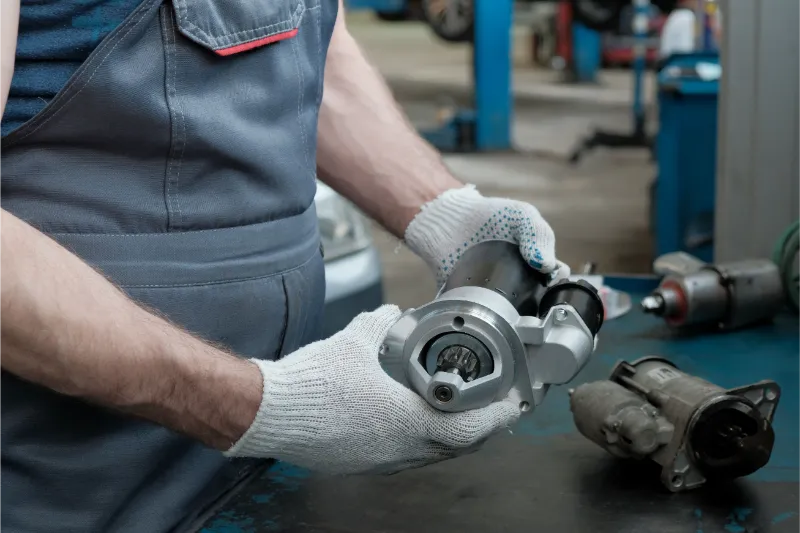
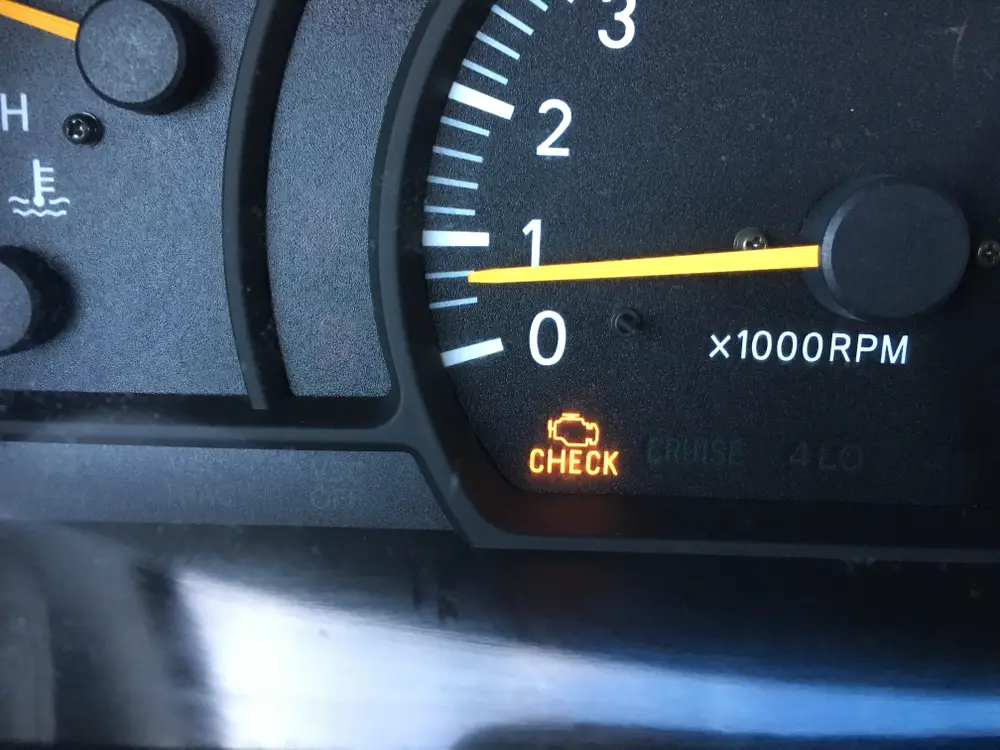
Leave a Reply